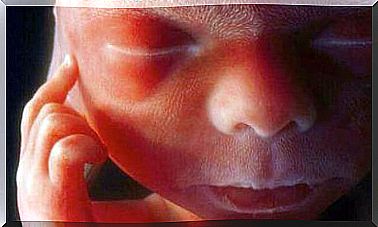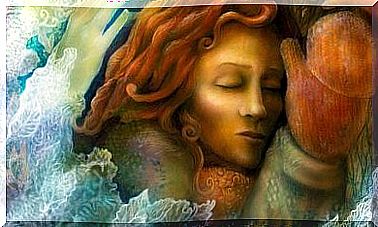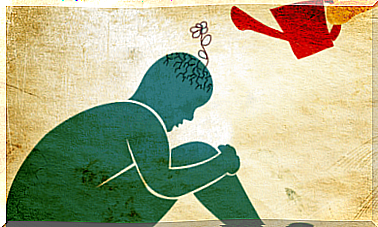What Makes A Leader? – Leadership As A Social Identity

What makes a leader? One of the questions social psychology seeks to answer is why do people follow others they consider leaders. In the classic leadership course, scientists look for characteristics that people have in common with executives.
But there are so many differences between leaders that we cannot give a single definition for this “title”. A perspective that is less focused on the individual and more focused on group processes could be key to a better understanding of leadership.
John Adair once said that the most important word for a leader should be “we” and the least important word “me”. Adair analyzed the topic of leadership from a perspective of social identity. One person takes the lead in a group that has the same goal. In doing so, the followers of a leader sometimes forget their own interests when these differ from those of the group.

Before we go into how leaders are born through group processes and social identity, we will give a brief overview of the classic theories in leadership.
Classic ideas about leadership
Classical theories focus on the idea of the “great man” and his personality. They go back to Plato, who already in antiquity had the goal of finding out what constitutes a leader. So for more than 2500 years there have been debates about the personality and characteristics of a leader. It has been popularly known for a long time that a leader is someone who has the ability to guide and motivate others. There is usually another fundamental quality associated with it, that of charism.
That takes us a step further, but not to our goal, because what exactly is charisma? There have been many different definitions of “charism” over the years, including circular references: how charisma creates a leader and what gives a leader to be charisma.
The big problem with these theories is that they are based on few examples from executives. Numerous studies have been conducted to analyze similarities between executives. They looked for the qualities that make someone a leader or reduce their leadership potential. Clear results are still pending, but a few statements can be made: The most important prerequisite for a manager is intelligence, which makes up 5% of diversity. This means that 95% of the conditions depend on factors that we are not yet sure of. For this reason, a personality test is not a very reliable tool for predicting leadership potential.

Leadership and social identity
A fundamental aspect of making someone a leader is that their followers respect them as a leader. It doesn’t matter whether it is implicit or explicit. In other words, behind every leader there is a group that has a common identity. This identity is defined by characteristics and goals. The members of the group identify with most, if not all, of these traits and goals.
So if the followers are the ones who choose the leader, what exactly do they base their decision on? It is easy to imagine, once the adherents are aware of their social identity, that they are looking for someone who represents the characteristics and goals of the group. During the election they will compare the characteristics and visions of possible candidates with the identity of the group. Then one of the candidates will turn out to be the most suitable, which the crowd of followers will then make their head. At least that’s how it works in theory.
A leader is someone who, from the point of view of his followers, has no personal identity. He represents the group and that makes him the ideal person to do the job. That makes sense because if he represents the group, he won’t go against their interests. Since all members share a group identity, they are more likely to identify with a leader who pursues the same goals as they – insofar as the goals of the leader are known at all.
This new concept definitely overcomes the weaknesses of the classic leadership theories. Explaining leadership in terms of the identity of a specific group can help us understand the big differences between individual leaders. But there is still a lot to research when it comes to what makes people tick and how leadership works.









